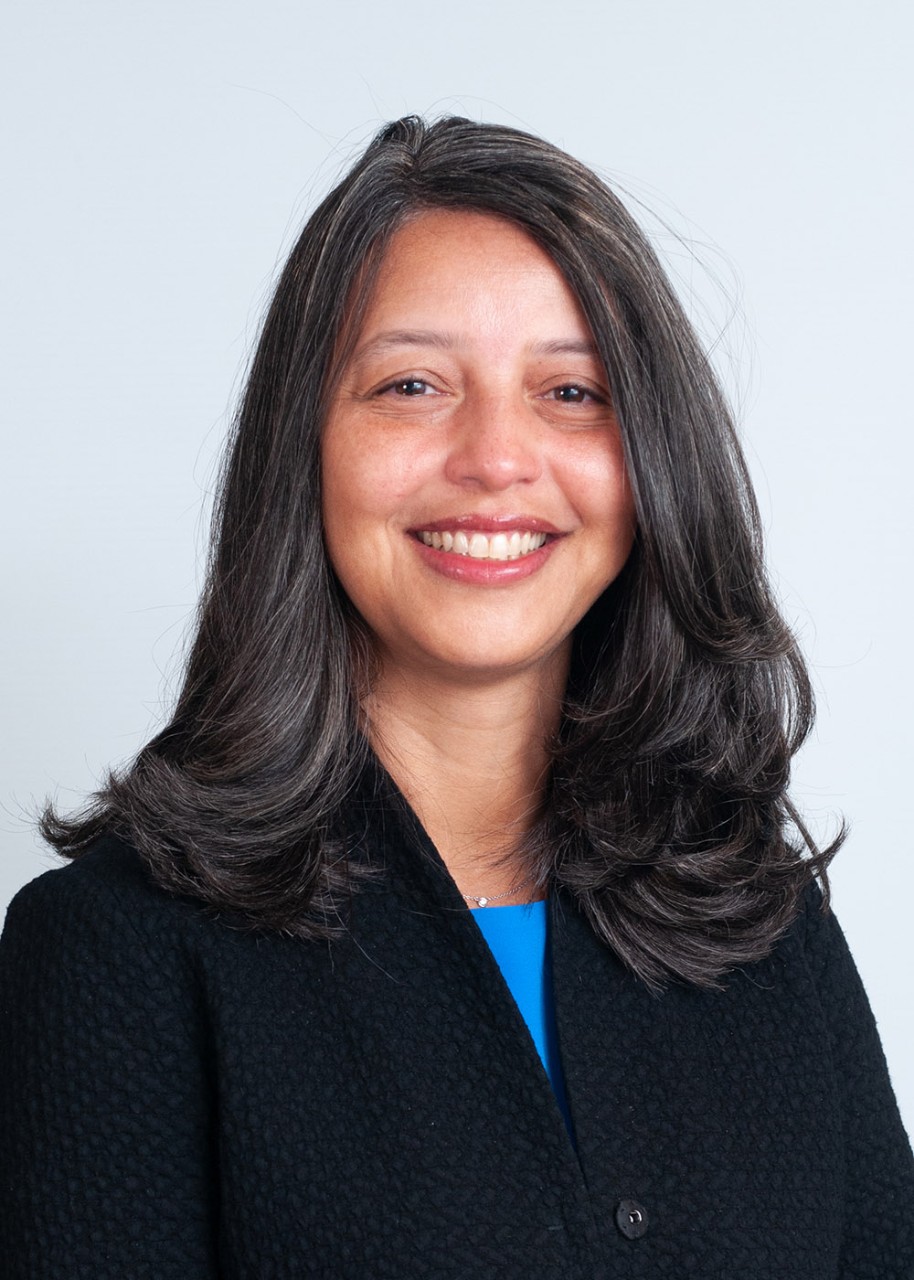“We’re always looking to collaborate with organizations that take a very similar approach to ours—programs that are proven effective, programs that are very careful about engaging their communities in the design of their initiatives. The Latinx Leadership Initiative does all of that, checks all of those boxes. It was just a perfect fit.”
Taveras set her sights on improving community health long before she stepped into her new role at Mass General Brigham in May 2021. In the 1990s, while working as a resident at Boston Medical Center and Boston Children’s Hospital, she noticed that most of her patients had a combination of asthma, obesity, and behavioral health problems. Many of the children she saw came from low-income households and belonged to ethnic minority groups, and she wanted to figure out why such a high percentage of them experienced this triad of maladies.
“I was very interested in spending my research career understanding why I was seeing that pattern in the children that I cared for in my clinic,” she said. “Why was I seeing such a high prevalence of these chronic diseases, and why was there such a disproportionate burden of those diseases in my patient population?”
Taveras has spent the past 20 years studying obesity in women and children and developing interventions to prevent chronic diseases in underserved populations. Her research, which has received funding from the National Institutes of Health, the Centers for Disease Control and Prevention, and the American Diabetes Association, has influenced the development of national programs to improve health outcomes and eliminate inequities for some of the most vulnerable people in the United States.
As a result of her accomplishments, Taveras has won major awards and been selected top leadership positions at prestigious organizations. In 2016, she received the Public Health Leadership in Medicine Award from the Massachusetts Association of Public Health for working to improve healthcare in community-based settings. In 2017, she was named executive director of Mass General Hospital’s Kraft Center for Community Health, which is devoted to expanding access to high quality, cost effective healthcare for underserved patients, families, and communities. And in 2018, she was named the Conrad Taff Professor of Nutrition in the Department of Pediatrics at Harvard Medical School.
Taveras drew parallels between her research career and leadership roles. “I’ve always tried to ensure that my own research is solutions-oriented and working towards helping the underserved,” said Taveras, who earned a doctor of medicine from the New York University School of Medicine in 1997. “Now I spend much of my time in the design and implementation and scaling of programs that are proven effective to improve the lives of underserved populations.”
She looks forward to sharing MGB’s United Against Racism initiative with the BCSSW community and hopes that her talk will lead to even more partnerships with the school. “I’m excited to share how the ability to do this in partnership can catalyze and scale the important work that we are trying to do,” said Taveras, who will participate in a one-on-one discussion with Sudders following her lecture. “How can we look for other best practices that we might be able to work on together to advance health equity and improve health outcomes?”
The Equity, Justice, and Inclusion Lecture and Distinguished Alumni Awards Celebration will be delivered in a hybrid format. The entire event, including an in-person reception, will take place in 100 Gasson Hall from 6-8:30 p.m. The keynote address and award ceremony will be available to watch on Zoom from 7-8:30 p.m. RSVP by January 23.



